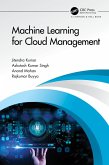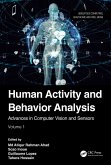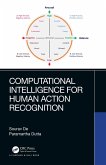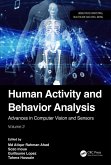Developed from the authors' nearly four years of rigorous research in the field, this book covers the theory, fundamentals, and applications of human activity recognition (HAR). The authors examine how machine learning and pattern recognition tools help determine a user's activity during a certain period of time. They propose two systems for performing HAR: Centinela, an offline server-oriented HAR system, and Vigilante, a completely mobile real-time activity recognition system. The book also provides a practical guide to the development of activity recognition applications in the Android framework.
Dieser Download kann aus rechtlichen Gründen nur mit Rechnungsadresse in A, B, BG, CY, CZ, D, DK, EW, E, FIN, F, GR, HR, H, IRL, I, LT, L, LR, M, NL, PL, P, R, S, SLO, SK ausgeliefert werden.









